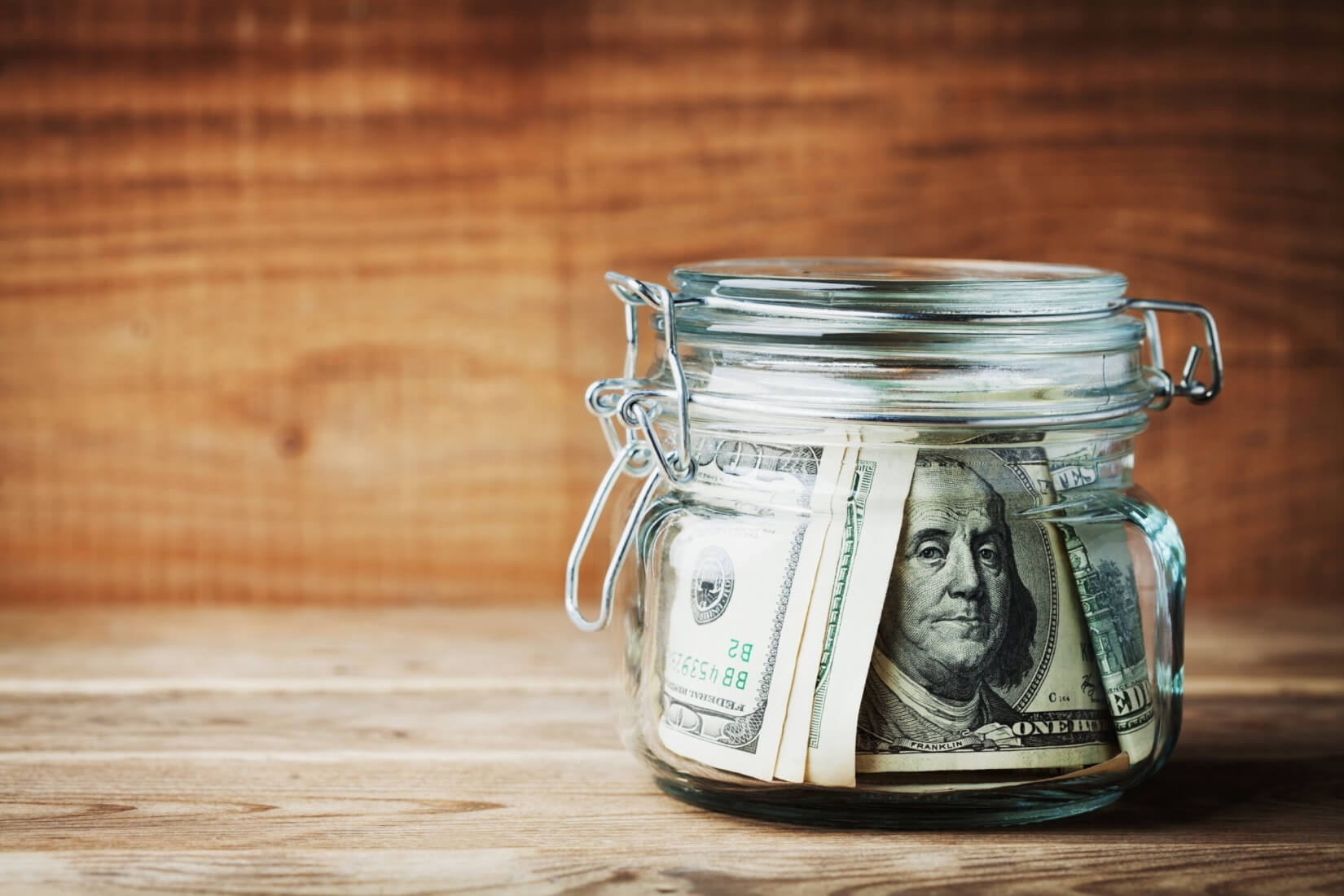The most basic type of bank account is the checking account. It’s generally where paychecks are deposited, bills are paid, and funds are kept for quick access. You can open this type of deposit account at a brick-and-mortar bank or credit union or an online bank.
Some banks require no minimum account balance for checking accounts. Typically you need to keep just enough money in your account to cover the amount you spend. This is important so you avoid overdrawing your account and getting hit with fees.
Banks can also offer multiple checking account options to fit different banking needs, including:
- Teen checking
- Student checking
- Senior checking
- Interest checking
Checking accounts typically have FDIC insurance. This protects your money up to $250,000 per person, per bank, in the event of bank failure. All licensed U.S. banks have this type of insurance for their deposit accounts.
How to choose a checking account
If you’re interested in opening a checking account, the first thing to consider is whether a traditional bank or online bank makes more sense for your lifestyle. If you don’t need branch access, then an online checking account could be a convenient way to manage your money.
Next, consider which factors will affect you and your finances, such as minimum balance requirements, monthly maintenance fees, other banking fees, ATMs, and ATM locations.


